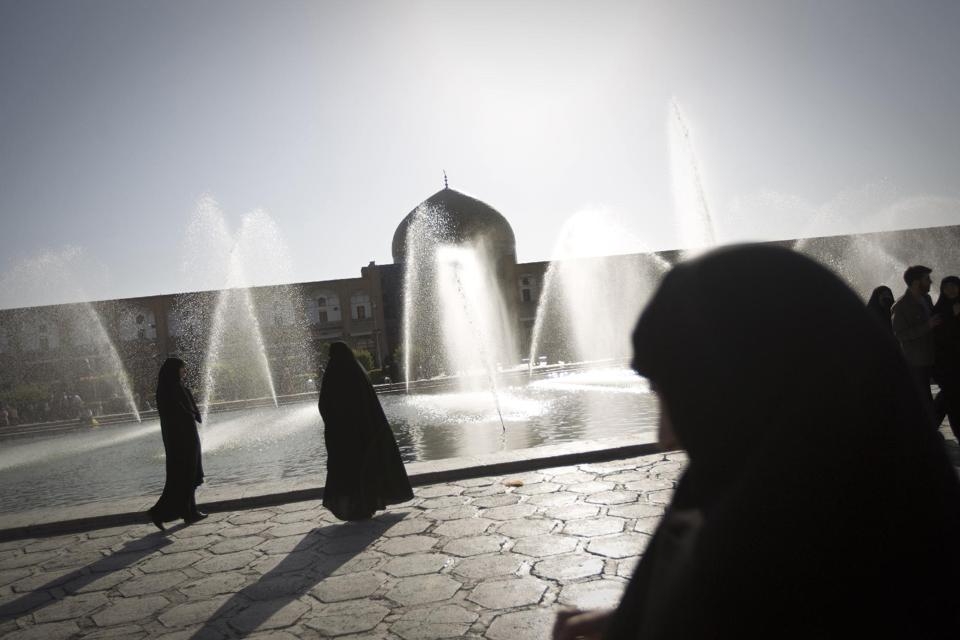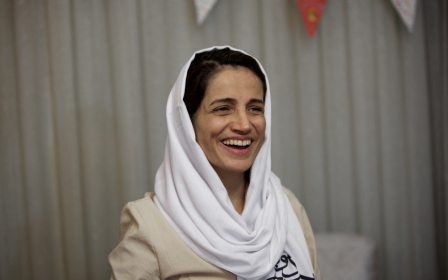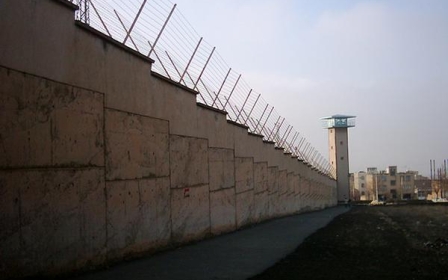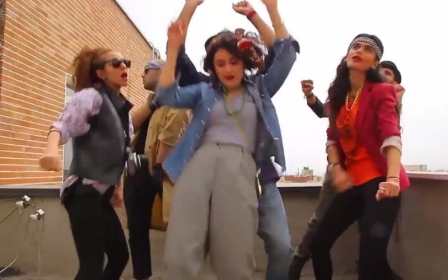Acid attacks on Iranian women linked to 'bad hijab'

A series of acid attacks on women in the historic Iranian city of Isfahan has raised fears and prompted rumours that the victims were targeted for not being properly veiled.
Police have declined to comment on a motive but suspects have been arrested and an investigation is ongoing, General Hossein Ashtari was quoted as saying by the official IRNA news agency.
He said four acid attacks had been reported in Isfahan, 450 kilometres (280 miles) south of Tehran, but he gave no other details.
The violence led to chatter on social networks that there had been up to 13 acid attacks against women drivers who were "badly veiled" with accompanying warnings against leaving car windows open.
By law, women must wear loose clothing and cover their heads and necks.
Recent years, however, have seen many wear a thin veil that hardly covers the hair and tight clothing or coats reaching mid-thigh -- an ensemble often denounced by conservatives as "bad hijab" -- instead of a traditional chador that covers the whole body.
A senior cleric of Isfahan, considered Iran's top tourist attraction for its carpets, ancient mosques and giant square -- second only in size to Tiananmen Square in Beijing -- condemned the attacks.
"Such an act under any pretext is reprehensible," Hojatoleslam Mohammad Taghi Rahbar, a Friday prayers leader, told the ISNA news agency.
"Even if a woman goes out into the street in the worst way, no one has the right to do such a thing," he said.
A fearful resident of the city was quoted by ISNA as saying: "I roll the windows closed and I panic every time I hear the sound of a motorcycle approaching."
Iranian MPs have written to President Hassan Rouhani in recent months to demand that police better enforce wearing of the veil.
New MEE newsletter: Jerusalem Dispatch
Sign up to get the latest insights and analysis on Israel-Palestine, alongside Turkey Unpacked and other MEE newsletters
Middle East Eye delivers independent and unrivalled coverage and analysis of the Middle East, North Africa and beyond. To learn more about republishing this content and the associated fees, please fill out this form. More about MEE can be found here.




